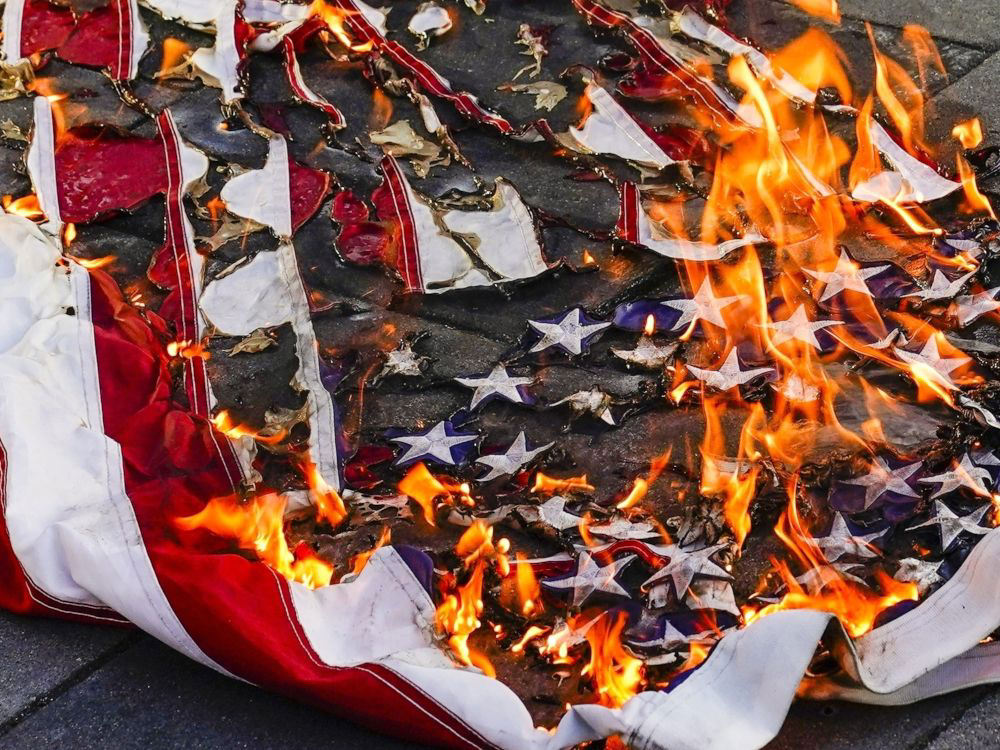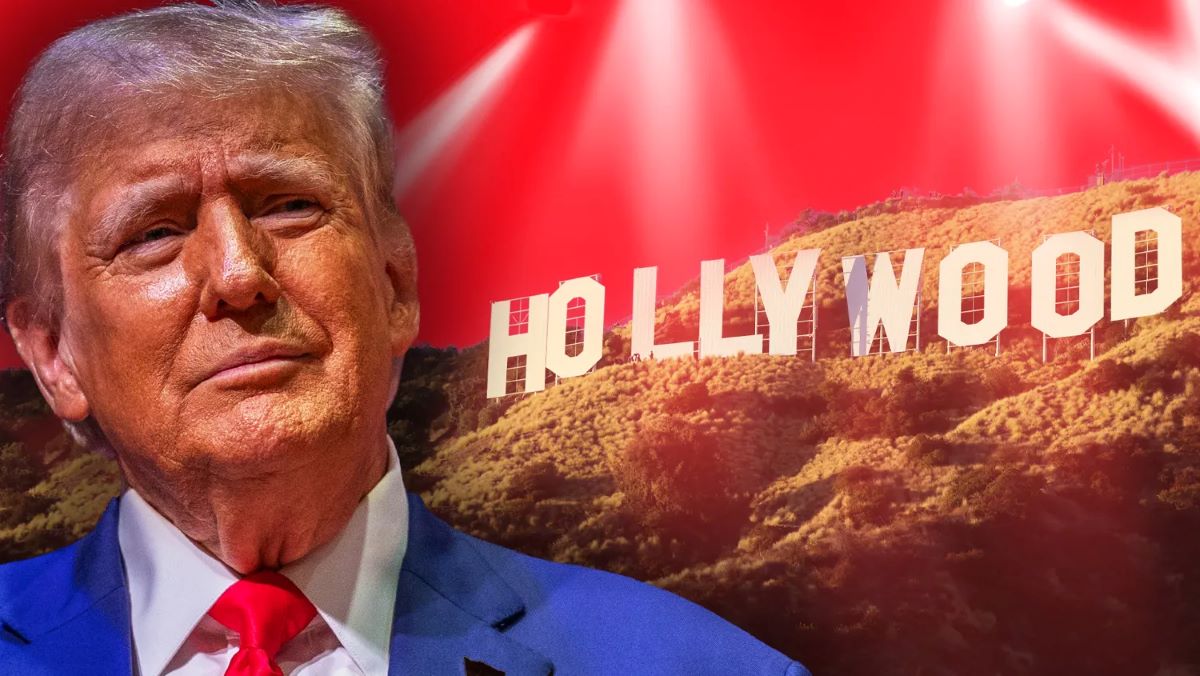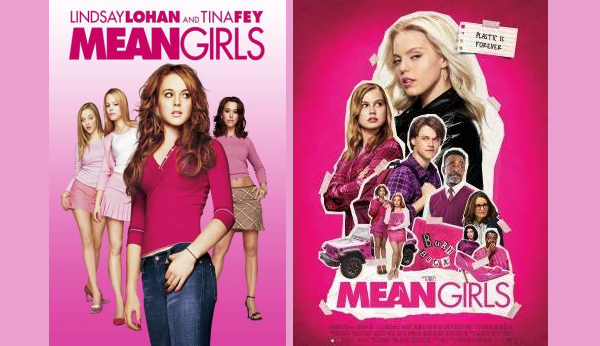The Trump administration has announced a new form of tariff to be placed on foreign films. The president has expressed concern in the decline of Hollywood made movies and plans to impose a 100% tax on any movies made outside of the US. While this plan is meant to help American filmmaking, Hollywood big leagues are outraged about the detrimental effects the tariff could have.
“Our movie making business has been stolen from the United States of America, by other Countries, just like stealing ‘candy from a baby,’” stated Trump on Truth Social.
Currently, no one is sure if, when, or how such a tariff would be implemented. Putting a tariff on films would be different than simply charging more for an imported product or resource, as movie making is a process and a form of art. Trump has rationalized the proposal, claiming that movie production has been taken from Hollywood, and advertising it as a form of protectionism.
“It’s definitely a political and economic move rather than an attempt to promote American cinema,” stated Paulina Skrzypek, a senior.
There are several negative consequences people are worrying about with this new tariff. The most obvious one being the major price increase, with movies made outside the US potentially doubling in cost. Less exposure to foreign films will lessen the sense of diversity the US was known for, and higher costs for production companies will cause a struggle for independent films. There has been some speculation on how pricing could change, with predictions of a $1-$3 increase on Netflix and a $2-$5 increase on movie theater tickets being made.
While a tax on movies has never been done before, it is really another protectionist policy aimed to benefit the US. Protectionism is a government policy that tries to eliminate foreign competition in the hopes of increasing business for domestic industries. Imposing tariffs is a popular protectionist policy that has been out of control since Trump entered office. In general, Trump’s presidency has aimed for America to be more isolated, and less dependent on other countries for resources, and in this case, entertainment. Protectionism is necessary to keep internal businesses afloat, but when overdone, American economies can struggle and the balance between foreign countries can be lost.
“Trump’s protectionist policies have gone too far. American businesses sometimes need to get products from overseas, and when protectionism is overdone, it costs more for these businesses to get needed supplies and these costs get passed on to consumers,” stated Brian Allmand, a movie enthusiast.
People are wondering what this new tariff means for the future of media in the US. If this tariff goes over well, could books, music, or journalism be the next target? So far, Trump’s presidential policies have expressed massive amounts of control over what Americans can see, hear, or buy. With this new goal of overtaking the entertainment industry, the pattern only continues.
However, not all reactions to the tariff have been negative, and some are excited about the possibilities it could bring for film. One major supporter of the tariff is actor Jon Voight, an old friend of the president himself. He talked in an interview with Variety about the love he thinks Trump has for Hollywood and he appreciates him caring about their cause. Voight also shared his surprise at the angry response to the new tax.
“It’s come to a point where we really do need help, and thank God the president cares about Hollywood and movies,” stated Voight.
Overall, the public seems to have a lot of questions concerning this new tariff and the effects it will have on our country. While the filmmaking industry is not connected to politics in any major way, the government is starting to move into all aspects of life, and Americans are interested to see how it all plays out.





















